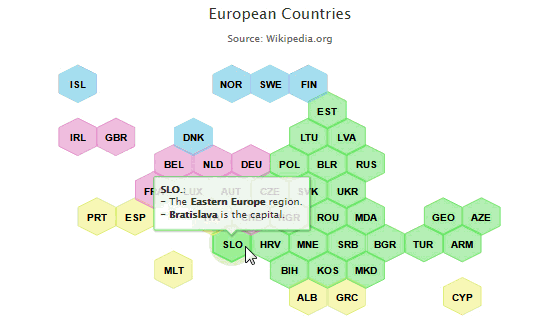What is our privacy worth?
What are the best words to use when talking about data? What does ‘anonymised’ mean? Is India turning into a surveillance state? Why are some Swedish workers being implanted with microchips? What is collaborative machine learning without centralised training data? Why do brands need to fire adtech? Is the end near for the Facebook-Google duopoly?
__
What is our privacy worth? Excellent opinion piece by Alexandra Samuel discussing the key issues around getting people excited about online privacy issues. Key takeaway – Samuel quotes James Nehf’s article, Shopping for Privacy on the Internet:
A system that relies on individuals to police their privacy rights presumes that individuals can value privacy rights meaningfully. If people do not know what information is being collected, how it could be used, and what harm might result from its collection and use, they have no way to judge how much it is worth to them (in time, money, or other trade-offs). To make an informed choice about whether and how to share personal information, and whether to make an effort to protect it, people need to know what is at stake.
The ICO fined 11 big UK charities after swapping and selling their donor lists. The ICO claims that “many of the charities secretly screened millions of donors so they could target them for additional funds” while others “traced and targeted new or lapsed donors by piecing together personal information obtained from other sources”. A number of charities additionally “traded personal details with other charities creating a large pool of donor data for sale”. See the full breakdown of the charities involved, the offences and the fines here.
Wellcome Trust launched Understanding Patient Data to “provide information about how and why patient data is used, and how data is protected.” In particular, worthwhile reading: “What are the best words to use when talking about data?” - includes a visual representation explaining anonymisation (shown below):
The different levels of identifiability, via Wellcome Trust
India's national ID program may be turning the country into a surveillance state. 😳 Some 1.2 billion Indians voluntarily have a 12 digit government-issued unique identifier - but it's getting increasingly difficult to get around without one (for example, needing one to file a tax return.) Chilling:
In March 2016, India’s parliament passed legislation giving federal agencies access to the entire Aadhaar database — all billion-plus names, fingerprints, irises, mobile numbers, addresses, and photographs — in the interest of “national security.” In February, the UIDAI was accused of trying to silence critics by filing a police complaint against a writer who wrote about the project’s data security vulnerabilities. And in March, the agency filed a criminal complaint against a television journalist who aired a segment showing how he was able to use a fake name along with his real one to get two different Aadhaar numbers.
Swedish startup hub Epicenter has started implanting workers with microchips to replace cash cards and ID passes. This, of course, raises numerous privacy and security issues: "the big question remains of what happens to [the collected data], who uses it, and for what purpose". 🤔
Twitter is suing the US government for trying to unmask an anti-Trump account. The lawsuit contends the government is threatening free speech. 😦 Side note -> Most Americans are unwilling to give up privacy to thwart attacks.
Google outlined research on collaborative machine learning to improve suggestions in its Gboard keyboard. 💭 They claim the new feature will improve privacy - as all the training data is kept on the device rather than in the cloud. Interesting.
Collaborative Machine Learning without Centralized Training Data, via Google Research Blog
Microsoft published a detailed list of the data it collects in Windows 10 - as part of a move towards increased transparency and user control. 😬 They are also fixing those confusing Windows 10 privacy messages:
Previously, Windows 10's settings would offer you this option: "Let apps use my advertising ID for experiences across apps (turning this off will reset your ID)."
Now it will say: "Relevant Ads: Let apps use advertising ID to make ads more interesting to you based on your app usage." And if you turn it off, it will say, "The number of ads you see won't change but they may be less relevant to you."
It's not Shakespeare, but it's easier to understand.
Miscellaneous
Why do brands need to fire adtech? 👀 Excellent read by Doc Searls.
Is the end near for the Facebook-Google duopoly? A duopoly kills innovation, raises prices and the alternatives can be better! ✅
Emojis weather forecast? 🌞 ☔ Nice gimmick.
"Who's a Good Dog?" 🐶 Calculate your own doggo's goodness!
Japan's cherry blossoms are emerging increasingly early. 🙃 Experts think climate change is to blame:
Date of cherry blossom peak bloom in Kyoto, Japan - via Economist.com
















